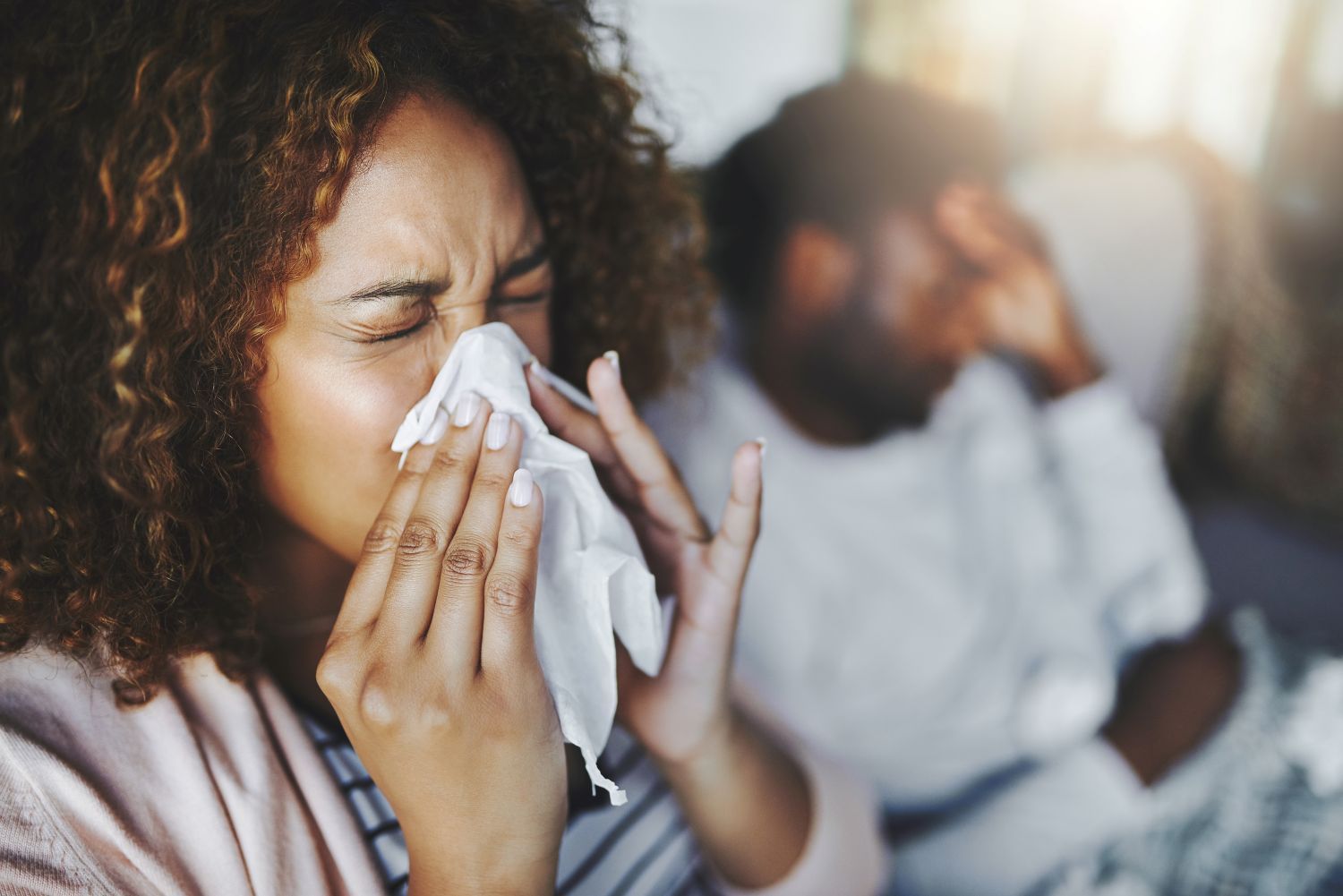Is Strep Throat Contagious?
Strep throat is a common bacterial infection that primarily affects the throat and tonsils. Caused by the group A Streptococcus bacterium, it spreads easily through respiratory droplets when an infected person coughs or sneezes. In fact, about 5.2 million people visit the doctor for strep throat each year in the U.S. alone!
Understanding Strep Throat
Strep throat is most common in children between the ages of 5 and 15, but it can affect individuals of any age. The infection arises when the bacteria enter the throat, leading to inflammation and irritation. Symptoms typically manifest 2 to 5 days after exposure and can include:
- Sudden sore throat
- Pain while swallowing
- Fever
- Red and swollen tonsils, sometimes with white patches
- Swollen lymph nodes in the neck
- Headache
- Rash (in some cases)
Is Strep Throat Contagious?
Yes, strep throat is highly contagious. The bacteria can spread through various means:
- Person-to-Person Contact: The primary mode of transmission is through respiratory droplets generated when an infected person coughs, sneezes, or talks. Close contact with an infected individual increases the risk of inhaling these droplets.
- Surface Contact: Strep bacteria can survive on surfaces for a limited time. If someone touches a contaminated surface or object (like utensils, towels, or doorknobs) and then touches their mouth or nose, they may become infected.
- Shared Items: Using personal items such as toothbrushes, cups, or eating utensils belonging to an infected person can also lead to transmission.
Contagious Period
People with strep throat are generally contagious from the onset of symptoms until they have been on appropriate antibiotics for at least 24 hours. Without treatment, they can remain contagious for several weeks. It’s important to note that some individuals may carry the bacteria without showing symptoms (asymptomatic carriers) and can still spread the infection to others.
Prevention Strategies
To reduce the risk of contracting or spreading strep throat, consider the following preventive measures:
- Practice Good Hand Hygiene: Regularly wash your hands with soap and water for at least 20 seconds, especially after coughing, sneezing, or being in public places. If soap and water are unavailable, use hand sanitizer containing at least 60% alcohol.
- Avoid Close Contact: If someone in your household has strep throat, minimize close contact until they have been treated and have recovered.
- Do Not Share Personal Items: Avoid sharing utensils, drinking glasses, towels, or any personal items that may come into contact with saliva.
- Cover Your Mouth and Nose: When coughing or sneezing, use a tissue or your elbow to cover your mouth and nose to prevent the spread of respiratory droplets.
- Stay Home When Sick: If you or your child shows symptoms of strep throat, stay home from work, school, or daycare until properly evaluated by a healthcare professional and cleared to return.
- Complete Antibiotic Treatment: If diagnosed with strep throat, it is crucial to complete the full course of prescribed antibiotics to ensure complete eradication of the bacteria and reduce the risk of complications or recurrence.
If you or your child shows symptoms of strep throat, consult a healthcare professional for diagnosis and treatment. ENT Care Centers is committed to providing the most compassionate ear, nose, and throat care. Our experienced ENT doctors deliver the highest quality care for all our patients of any age. Call us at (502) 837-7838 or visit our website to schedule an appointment with one of our Ear, Nose & Throat Doctors in and around Louisville, KY, and southern Indiana. You are sure to receive the expert care that you and your family deserve.













